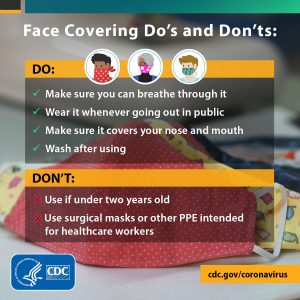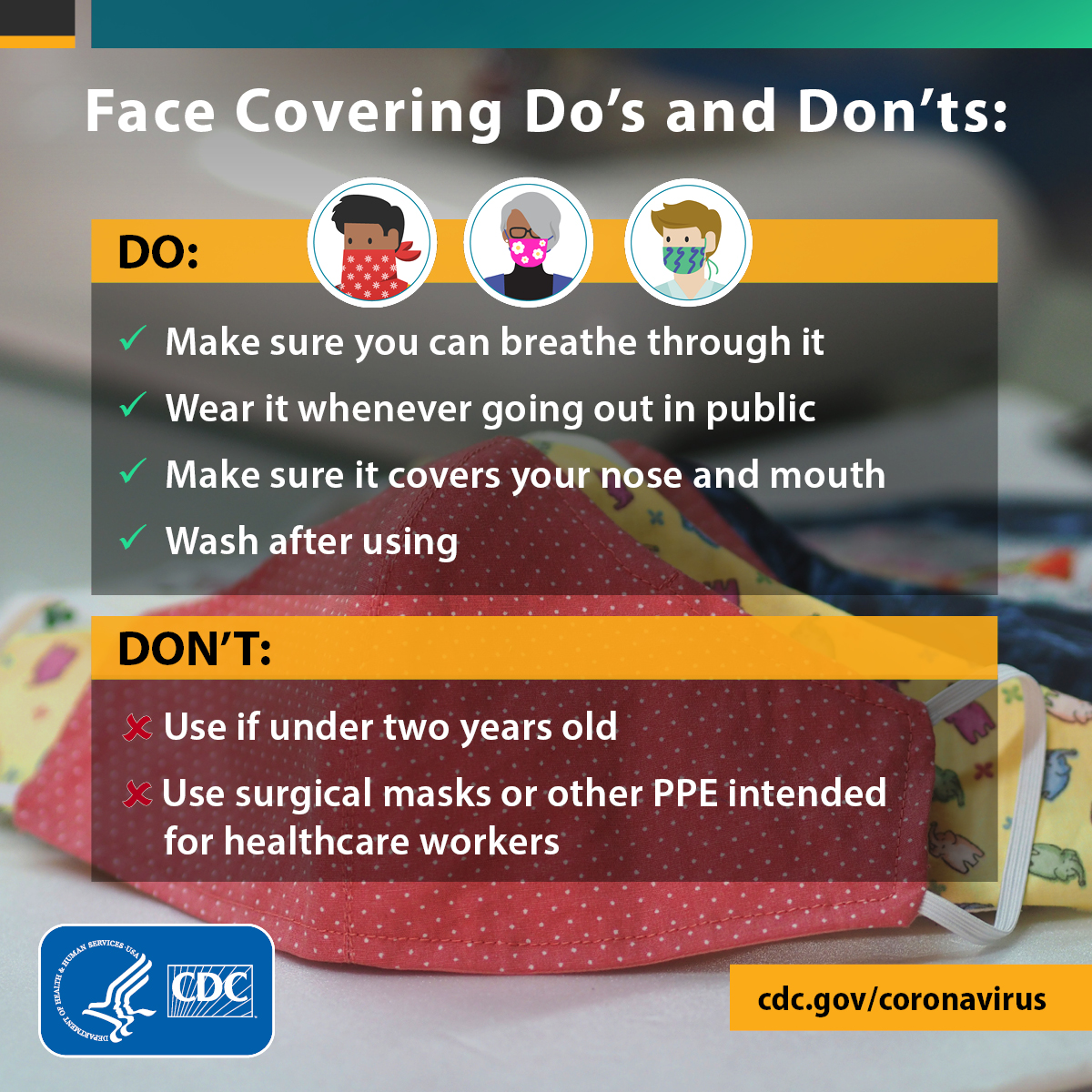A quick note from Dr. Kanal:
Curbside testing for Coronavirus is available through Piedmont Urgent care, but does require physicians’ orders I do believe that is for symptomatic patients.
More information to come.
UPDATE 5/3/2020
https://www.who.int/news-room/commentaries/detail/immunity-passports-in-the-context-of-covid-19
In summary, we are deferring universal antibody testing for the moment until we have better data on which assays are most reliable. This is being done to prevent the adverse outcome of a potential false positive or false negative test. Serologic testing for IgG will not change your current treatment course. For those who believe they have an active infection, we would like you to have a swab for active disease using the PCR method. Piedmont Urgent Care is offering drive-up testing for active disease for patients meeting criteria for testing. Please understand: We are not refusing to test you for antibodies, simply requesting that you wait until we have better information to provide you with the most accurate assessment. I am happy to discuss with you further on an individual basis via our patient portal. Unfortunately, due to the large volume of calls, we have regarding other active health issues, I will not be able to discuss this by phone at this time.
Please continue to check our site periodically as we will be updating you when we have more information.
Thank you for your patience and understanding!
Thank you,
Dr. Kanal

The following has been posted with the permission of and credit to
Wade Kartchner, MD, MPH.
All,
Since testing for SARS-CoV-2 (the name of the virus)/COVID-19 (the name of the disease) is all over the news and has the potential to generate controversy, I would like to take a few moments to discuss the different tests, their relative merits, and their usefulness.
The most commonly used test is known as a “PCR” test. This test looks for the virus’s genetic material that is typically found in the patient’s respiratory system. It is performed by obtaining a swab from the patient’s nose and/or throat. According to the FDA, these tests are believed to be highly accurate. This means a positive or negative PCR test is very likely to be true. One word of caution, particularly when someone is being tested to find out if they can come out of isolation after infection, is that these tests test only for the genetic material of the virus. It doesn’t mean that the material is actually part of a viable virus particle and capable of further transmission- only that the genetic material is still around. Currently there are no home-based PCR test kits for people to test themselves, but the FDA is actively working with developers in this space.
Another type of test, called a serology or antibody test, measures the amount of antibodies present in the blood when the body is responding to a specific infection, like COVID-19. This means the test detects the body’s immune response to the infection caused by the virus rather than detecting the virus itself. In the early days of an infection when the body’s immune response is still building, antibodies may not be detected. This limits the test’s effectiveness for diagnosing COVID-19 and why it should not be used as the sole basis to diagnose COVID-19.
In response to an infection, such as COVID-19, the body develops an overall immune response to fight the infection. One part of the immune system’s response is development of antibodies that attach to the virus and help eliminate it. The body’s initial immune reaction produces general antibodies that attack many infections, called “IgM” antibodies. IgM antibodies indicate an active or recent infection. Because it takes time for the body to make IgM antibodies in response to SARS-CoV-2, their absence does not mean that someone is not infected. A test for IgM antibodies may give a false negative result in a patient with SARS-CoV-2, particularly early in infection. A patient may have a negative result early in infection even when they are symptomatic or asymptomatic but actively shedding the virus. Since IgM antibodies may not develop early or at all in infected patients, this type of antibody test is not used to rule out SARS-CoV-2 in an individual.
Over time, the body develops a second type of antibody in response to the infection that is more specific to the virus, called “IgG” antibodies. Most antibody tests detect IgG antibodies. On average, IgG antibodies take about 4 weeks to develop, but the time to development may vary substantially, and there is still a lot we do not know about SARS-COV-2. Since IgG antibodies generally do not develop until several weeks after infection, this type of antibody test, even though it is more specific to SARS-CoV-2, is not used to rule-out SARS-CoV-2 infection in an individual.
Serology tests are of limited value in the immediate diagnosis or screening of a patient where COVID-19 infection is suspected because they cannot rule out the presence of the virus. But positive results from appropriately validated serology tests that are designed to be very specific to the SARS-CoV-2 virus can confirm either that a patient has (for IgM antibodies), or more likely has recovered from (for IgG antibodies) a COVID-19 infection. In addition, although not everyone who is infected will develop an antibody response, appropriately validated serology tests, when used broadly, can be useful in understanding how many people have been infected or exposed and how far the pandemic has progressed.
Then what is the purpose of these antibody tests, if they aren’t used for diagnosis or exclusion of COVID-19 infection? Using this type of test on many patients may help the medical community better understand how the immune response against the SARS-CoV-2 virus develops in patients over time and how many people may have been infected. While there is a lot of uncertainty with this new virus, it is also possible that, over time, broad use of antibody tests and clinical follow-up will provide the medical community with more information on whether or not and how long a person who has recovered from the virus is at lower risk of infection if they are exposed to the virus again. Serology tests can play a critical role in the fight against COVID-19 by helping healthcare professionals identify individuals who have been exposed to SARS-CoV-2 virus and have developed an immune response. In the future, this may potentially be used to help determine, together with other clinical data, whether these individuals may be less susceptible to infection. In addition, these test results can aid in determining who may donate a part of their blood called convalescent plasma, which may serve as a possible treatment for those who are seriously ill from COVID-19.
What’s important to know for now: we need to continue to test using PCR methodology in order to identify acute cases and conduct contact tracing. In the future, serology/antibody testing may be useful to determine population immunity.
Thanks again for everything you are doing in these uncertain and frightening times. One team. One mission.
Wade Kartchner, MD, MPH
Health Director: Rappahannock/Rapidan Health District
Click Here for CDC Information on COVID-19
Click Here for VDH Information on COVID-19
Click Here for Coronavirus.gov
Missed an update? Click Here to visit our ongoing Coronavirus updates page.

